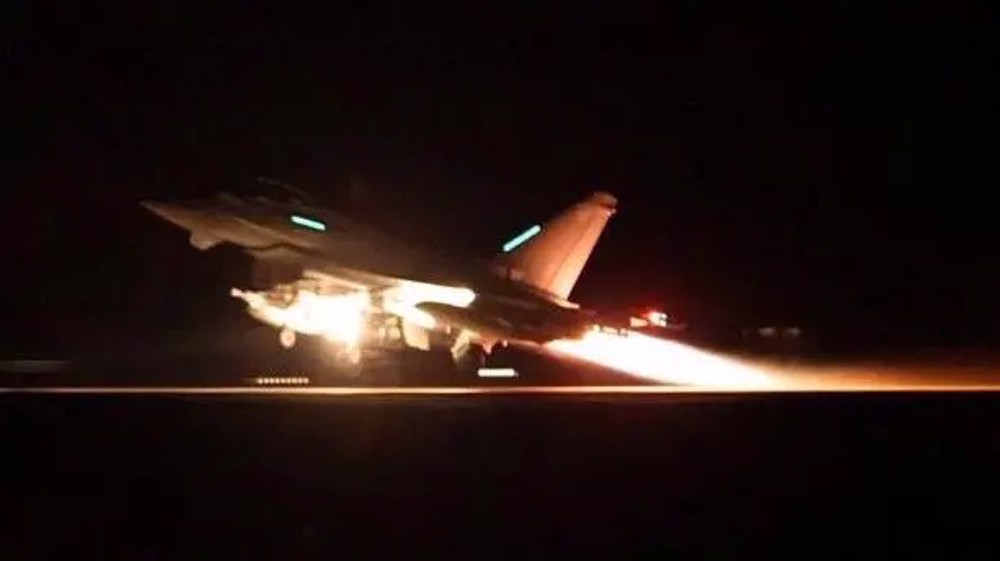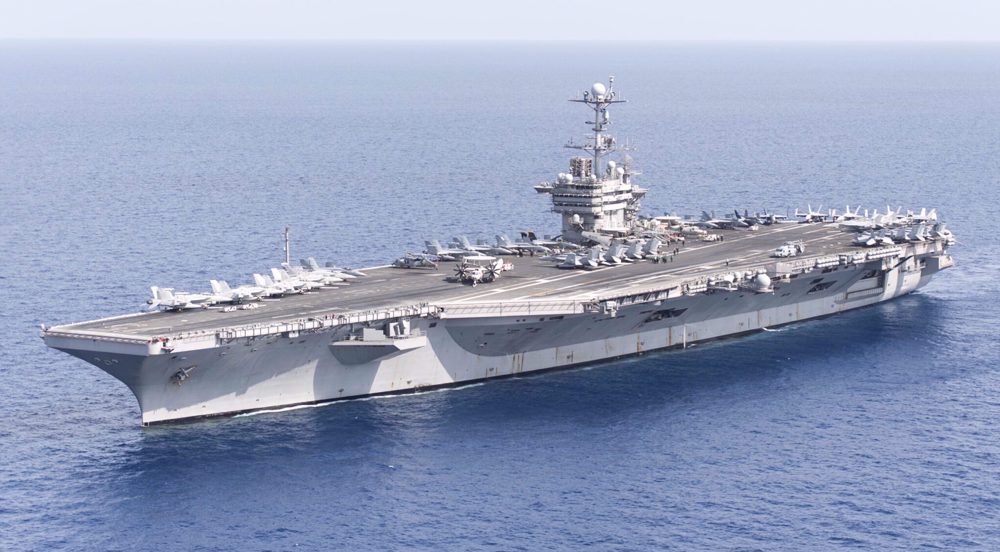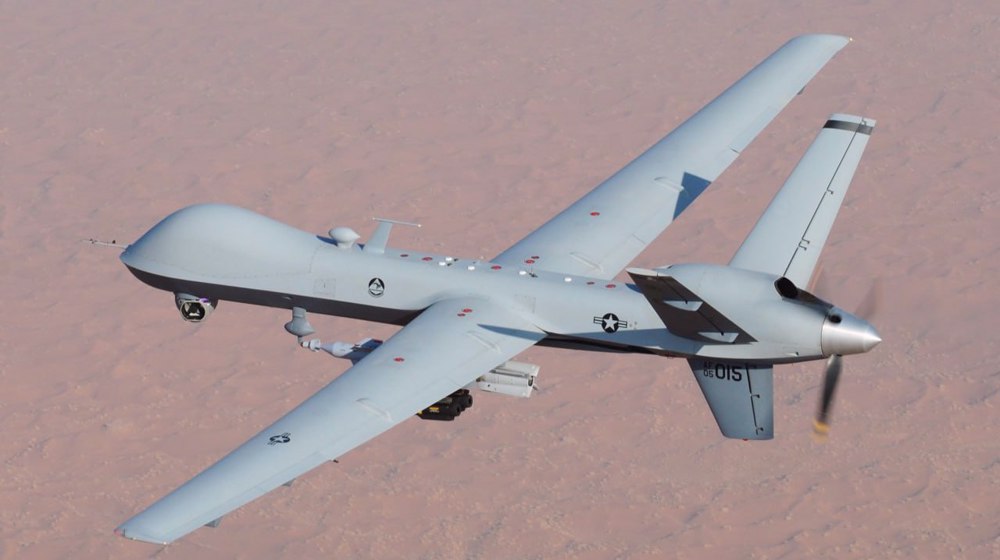Pentagon halts program to train new militant forces in Syria
The Pentagon plans to stop training new militant forces in Syria, in an acknowledgment that the $500-million program has failed to produce an effective proxy force in the war-torn country.
The beleaguered program — which managed to field only a handful of militants into the battle against Daesh (ISIL) in Syria at a cost of about $50 million — will be abandoned, senior Pentagon officials said on Friday.
US Defense Secretary Ashton Carter said that he “wasn’t happy with the early efforts” of the program, “so we have devised a number of different approaches.”
“I think you’ll be hearing from President Obama very shortly” on the program, Carter said Friday during a press conference with his British counterpart, Michael Fallon, about the military campaigns in Syria and Iraq.
A senior Pentagon official told the New York Times that the United States would cease to recruit so-called moderate militants to go through training in Jordan, Qatar, Saudi Arabia or the United Arab Emirates.
Instead, the Pentagon plans to set up a less ambitious training center in Turkey, where a small cadre of “enablers” would be taught operational tactics such as how to call in airstrikes.
The Pentagon said assistance will now be provided to "a select group of vetted leaders and their units."

The change reflects mounting concerns over the “train-and-equip” program, once considered a centerpiece of the Obama administration’s strategy in Syria, which aimed to mobilize thousands of US-allied militants fighting the government of Syrian President Bashar al-Assad.
Administration officials have previously suggested that the US should shift focus to aiding Kurdish forces and other factions instead of trying to build up separate militant units.
However, the “equip” part of the program -- which provides arms, ammunition and vehicles to allied militants -- will still be in place though in a smaller scale.
The shift in strategy also comes as US officials have complained that Russian warplanes have repeatedly targeted militant groups backed by the Central Intelligence Agency (CIA) in Syria in a string of airstrikes since Moscow launched its air campaign on September 30.

“Greater than 90 percent of the strikes that we’ve seen them take to date have not been against ISIL or al-Qaeda-affiliated terrorists,” US State Department Spokesman John Kirby said on Wednesday.
Moscow has said that Russian airstrikes have hit more than 100 ISIL targets in Syria.

Report: Saudi, UAE, Qatar, Kuwait ban US warplanes for strikes

Yemeni forces attack US aircraft carrier with cruise missiles, drones

Yemeni forces announce downing of US MQ-9 drone
ICC censures Hungary for ignoring Netanyahu arrest warrant
Pezeshkian: Iran seeks stronger ties with neighboring countries
Nine children among dozens killed in Israeli strike on UN building in Gaza
VIDEO | EU leaders slammed for facilitating Israeli war crimes
Trump ‘not ruling out’ Iran's offer of indirect nuclear talks: Report
Israeli military uses human shields in Gaza ‘at least six times a day’
Israel expands war on Gaza Strip to seize 'extensive territory'
Top US universities normalizing 'fascistic governance’: Fired Iranian scholar







 This makes it easy to access the Press TV website
This makes it easy to access the Press TV website